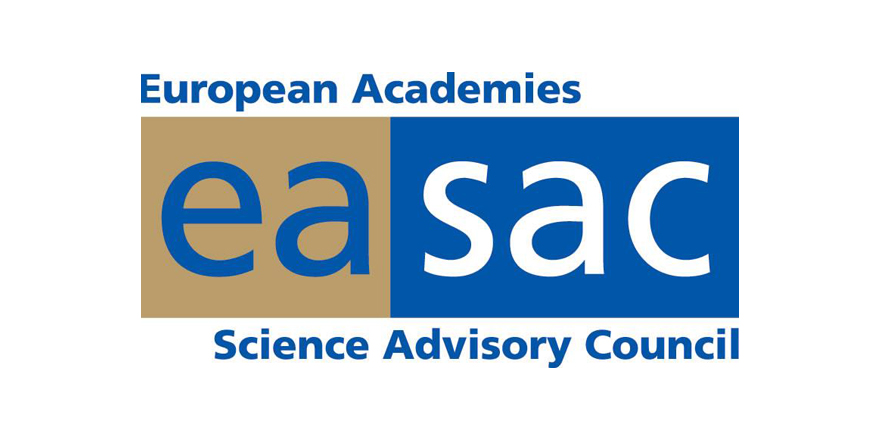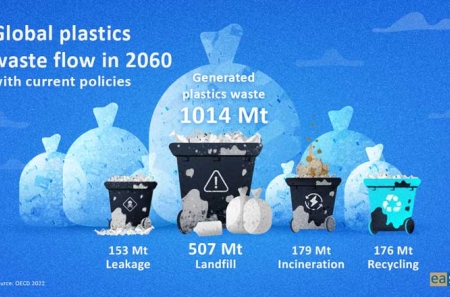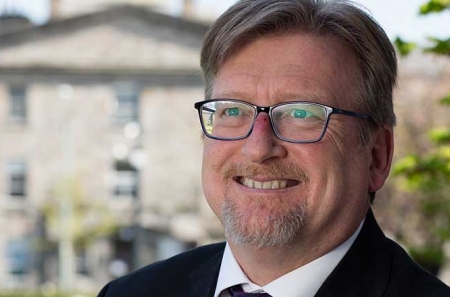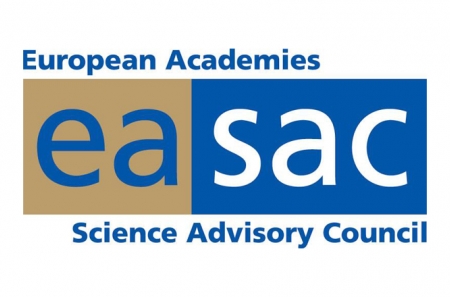
Call for Nominations: Meat Alternatives (Biosciences Programme)
22 December 2021EASAC is now inviting expert nominations for a new Working Group.
The policy problem
A range of meat alternatives are increasingly popularised and adopted in recent years for both health and environmental reasons, e.g. to reduce consumers’ carbon footprint compared to classical meat farming. Vegetarian and vegan diets have been in existence for centuries - albeit a minority lifestyle in Europe in recent decades, and is anticipated to grow significantly in coming years.
Here, EASAC’s focus is on the newer emerging technologies, examining the basis of top-line environmental claims, and concluding with recommendations on transparency and regulation. The opportunities for health benefit will also be explored.
Expertise is sought in
- Nutrition;
- Food science, food technology & innovation, biochemistry;
- Regenerative biotechnology; culture of microbial and cell products;
- Agriculture of both animal and plant;
- Environmental (carbon, energy);
- Food safety /allergenicity;
- Food epidemiology and public health;
- Regulatory affairs;
- Ethics;
- Behavioural science
To express an interest in being nominated to this new EASAC project by
the Royal Irish Academy, please submit a CV and a letter outlining your
suitability to policy@ria.ie by midday on 12
January 2022.
About EASAC
EASAC is formed by the national science academies of the EU Member States, Norway, Switzerland and UK, to collaborate in giving advice to European policy-makers. EASAC provides a means for the collective voice of European science to be heard. Through EASAC, the academies work together to provide independent, expert, evidence-based advice about the scientific aspects of European policies to those who make or influence policy within the European institutions. Drawing on the memberships and networks of the academies, EASAC accesses the best of European science in carrying out its work. Its views are vigorously independent of commercial or political bias, and it is open and transparent in its processes. EASAC aims to deliver advice that is comprehensible, relevant and timely.



